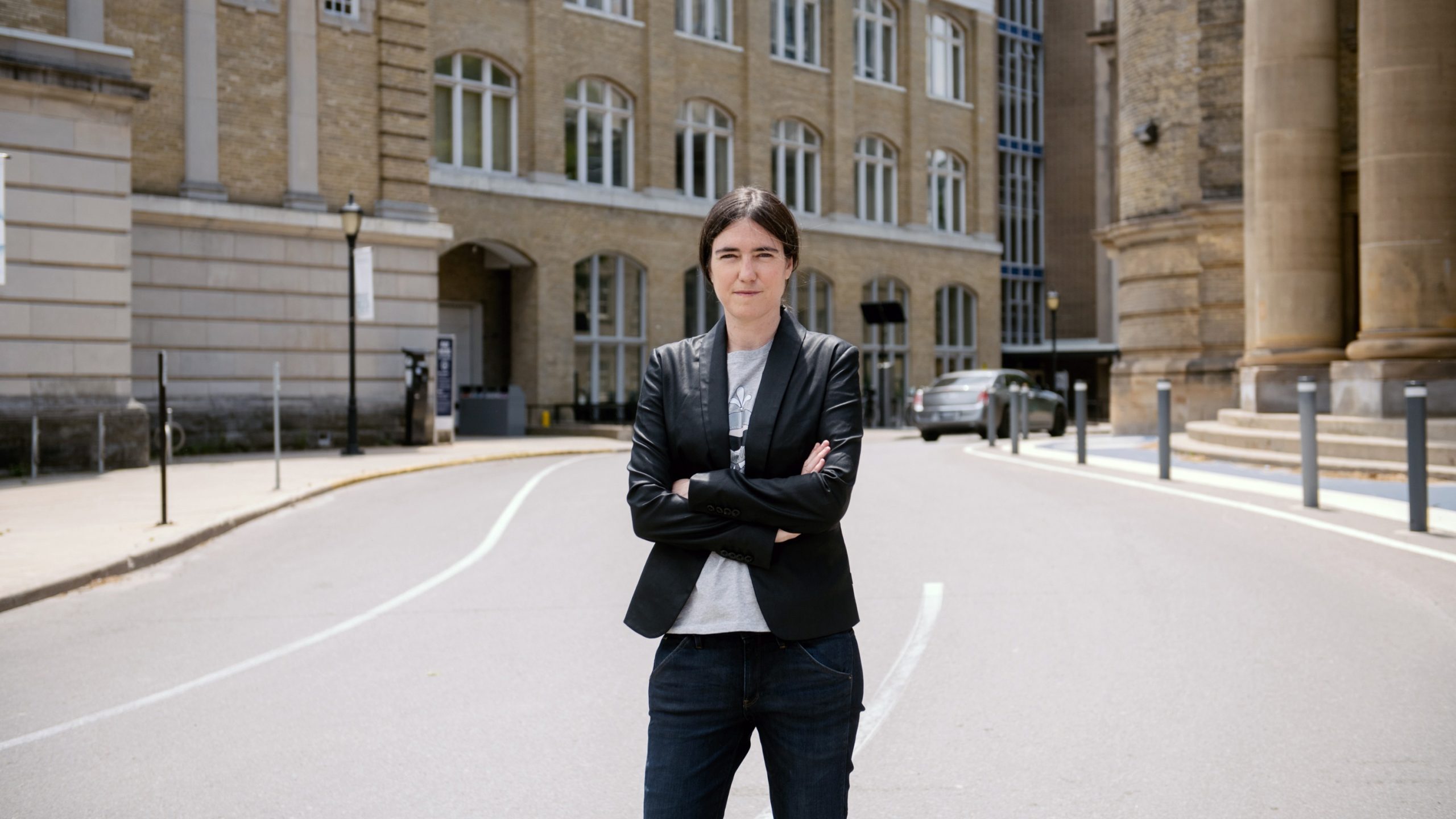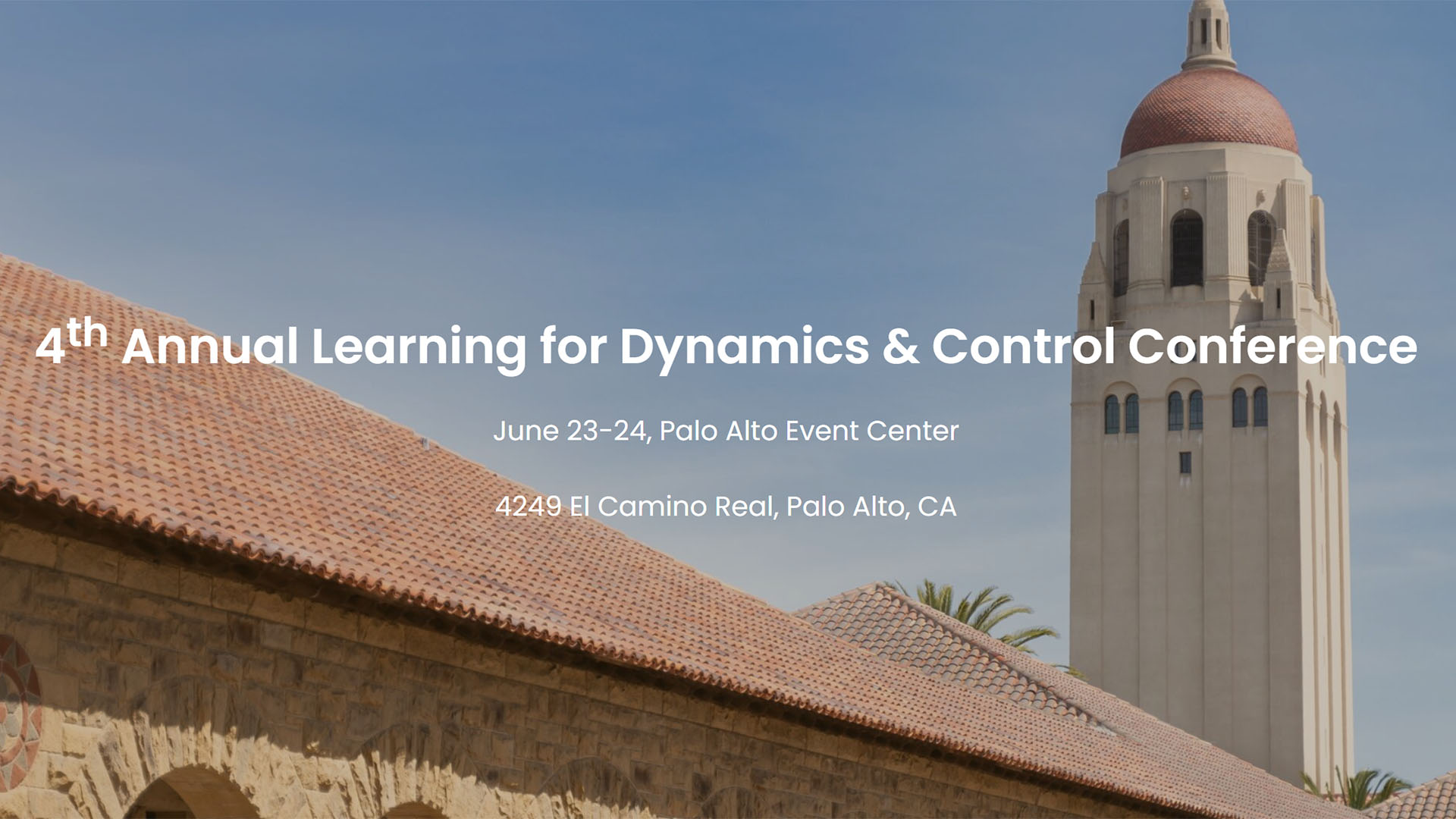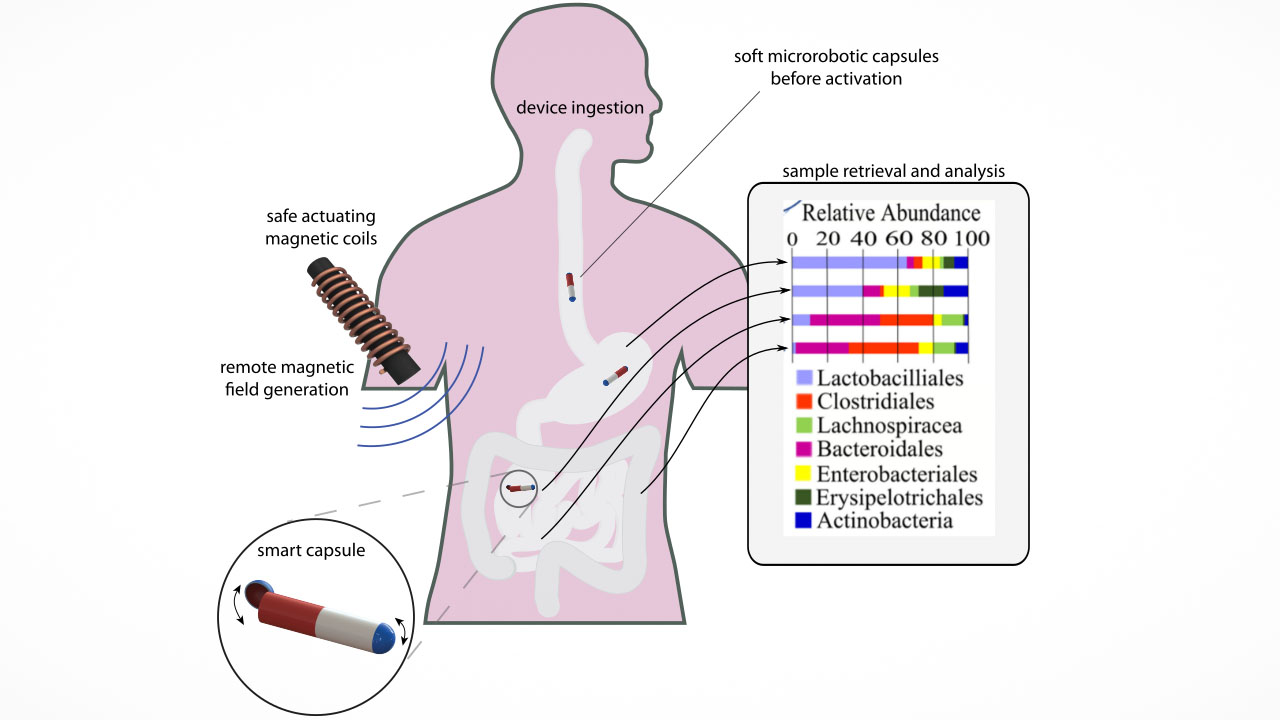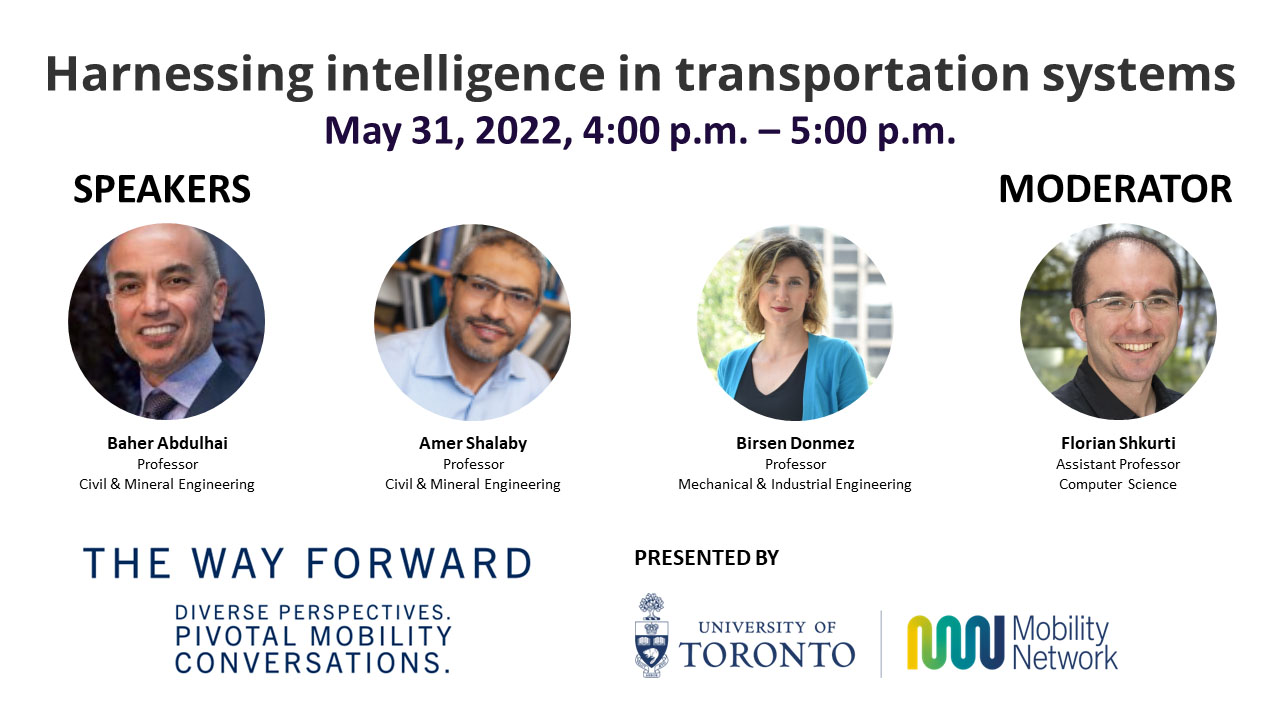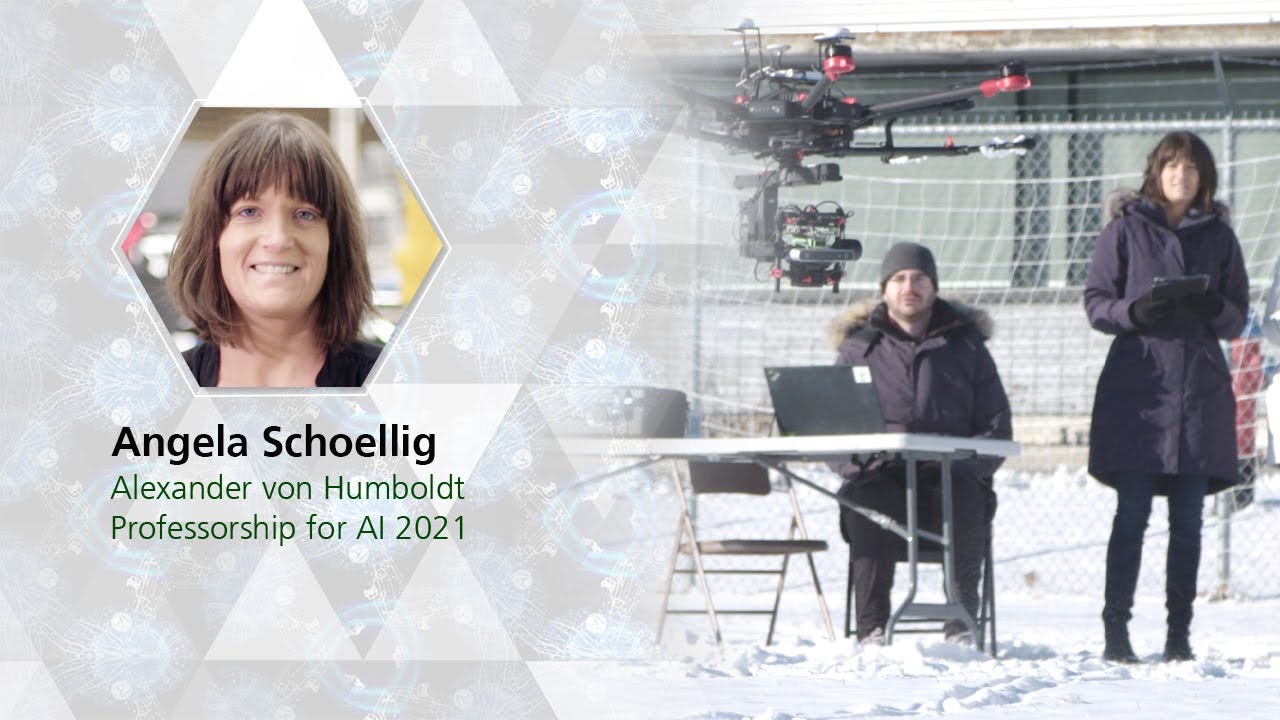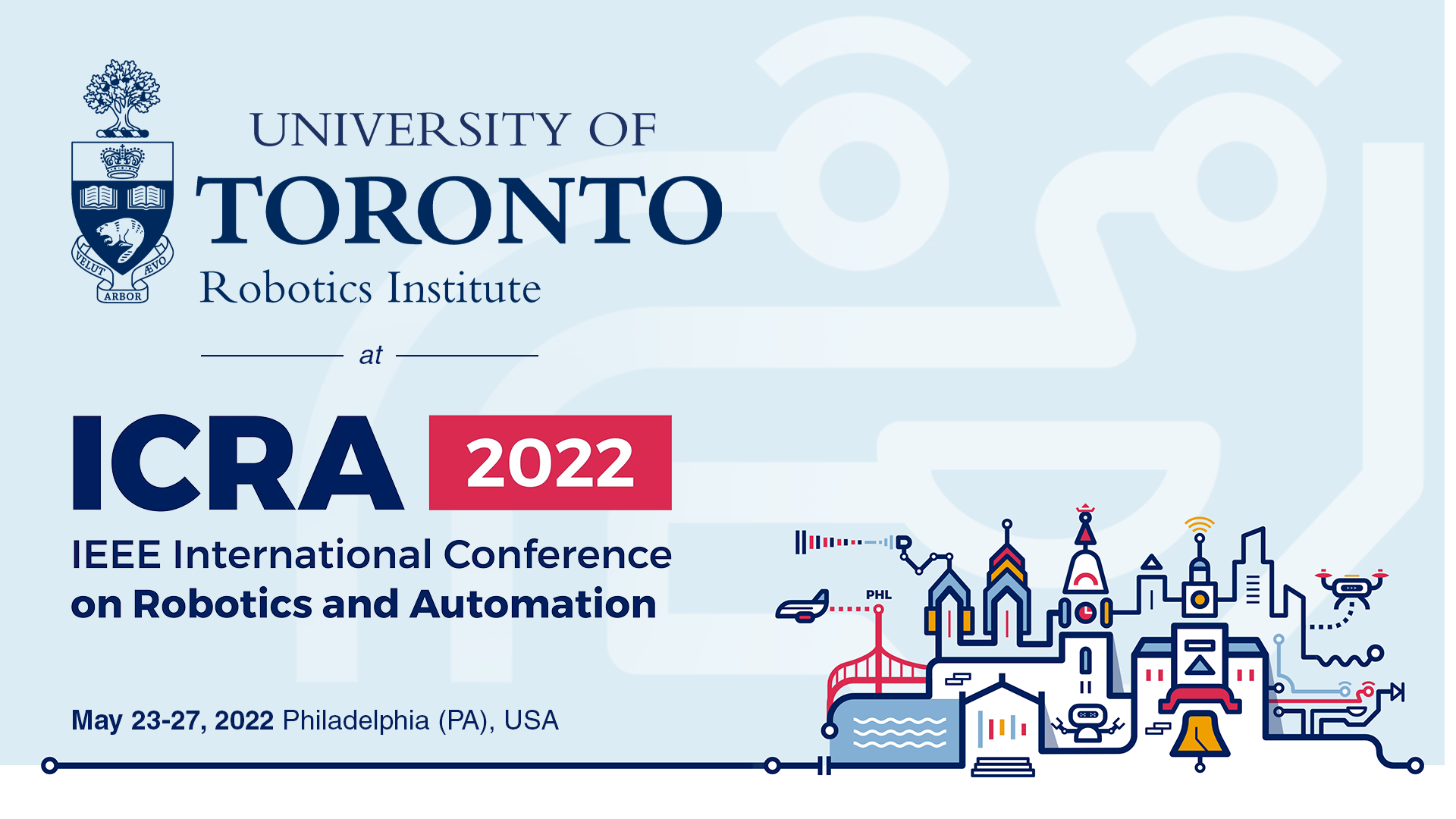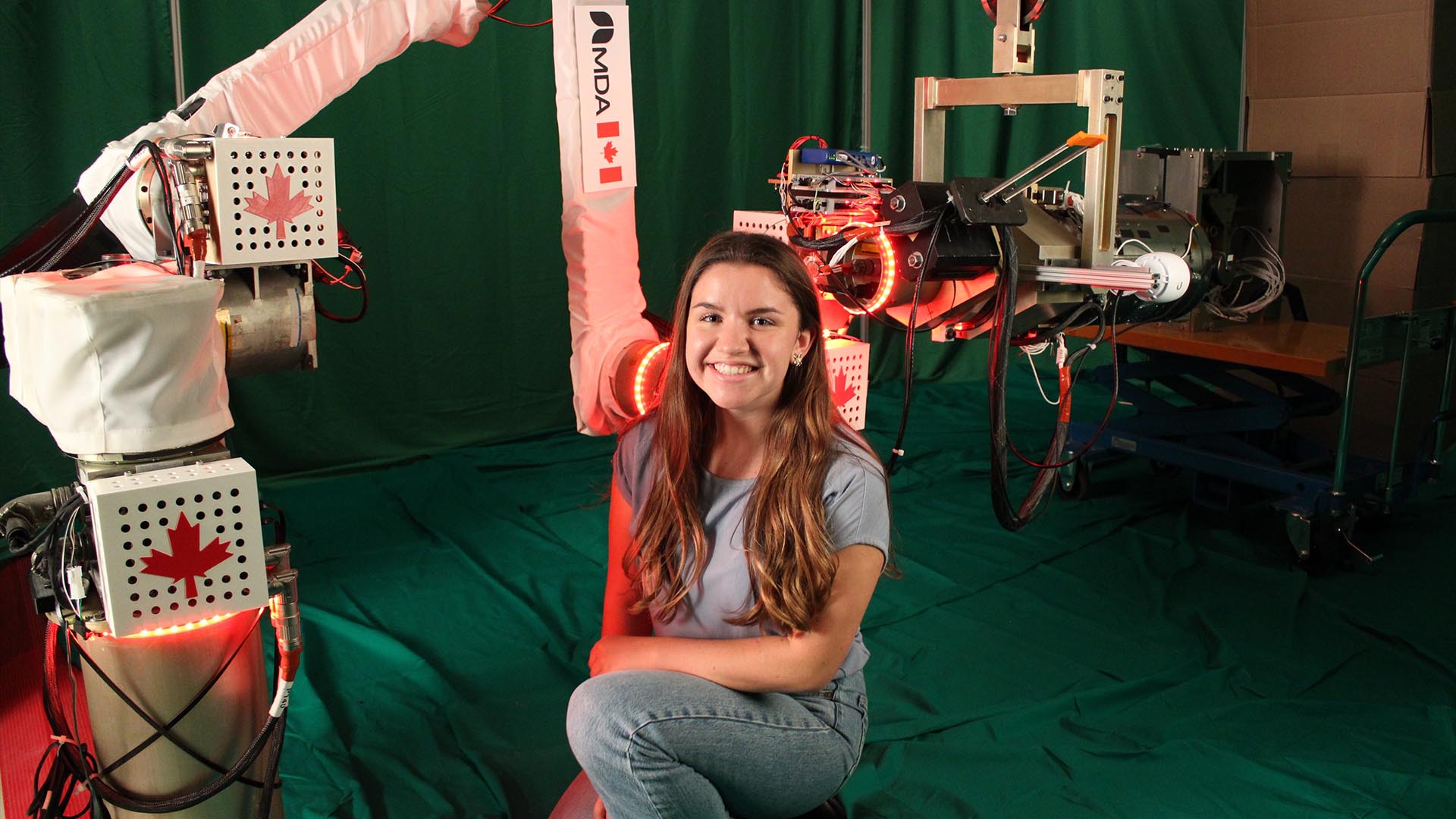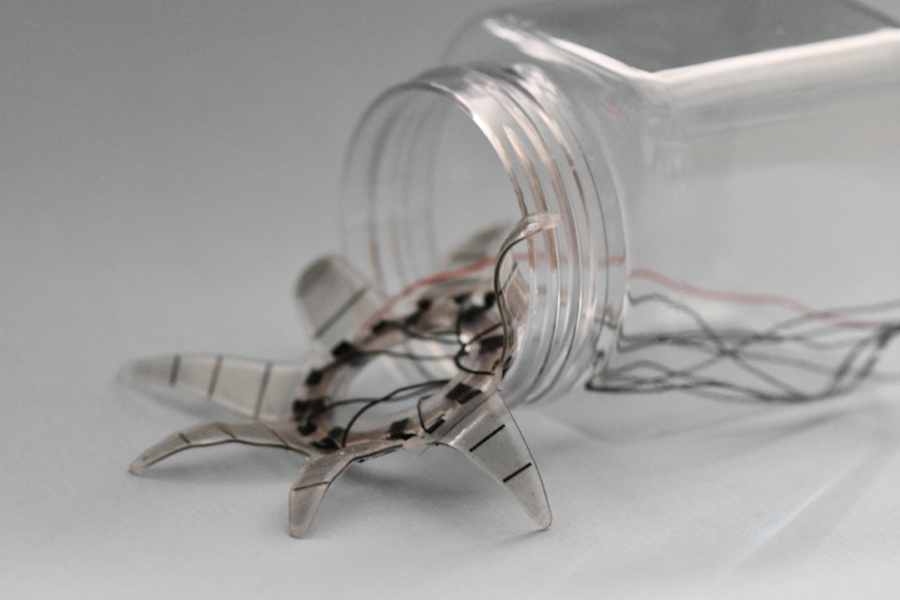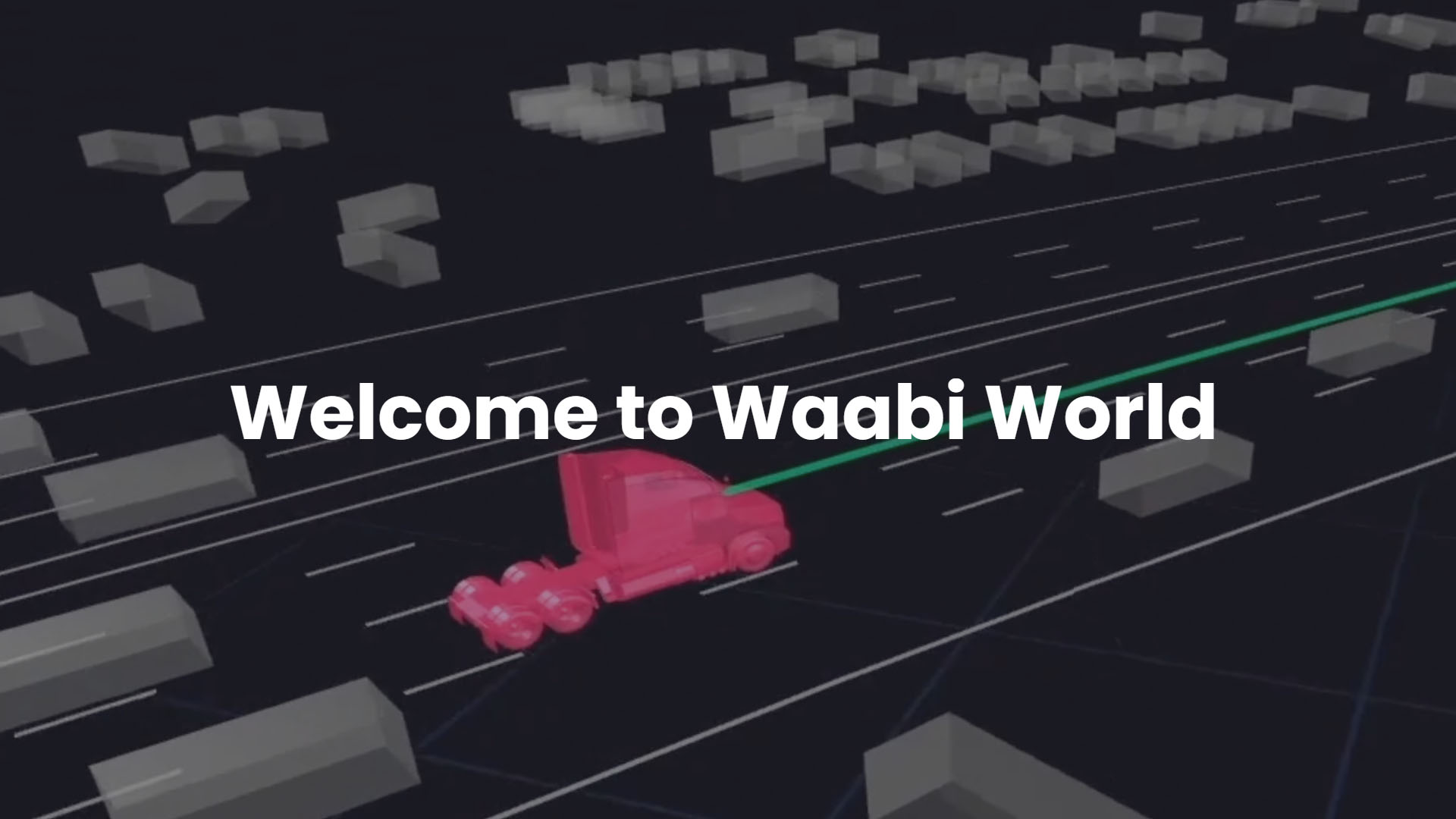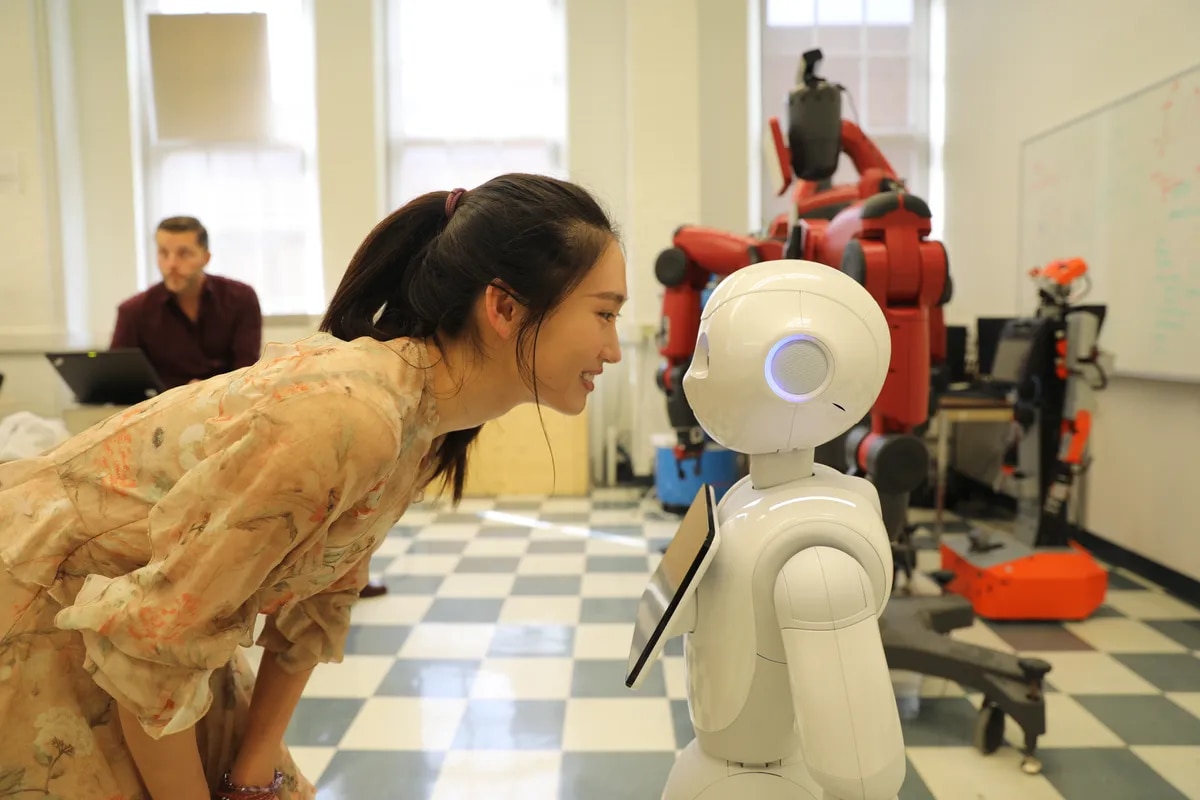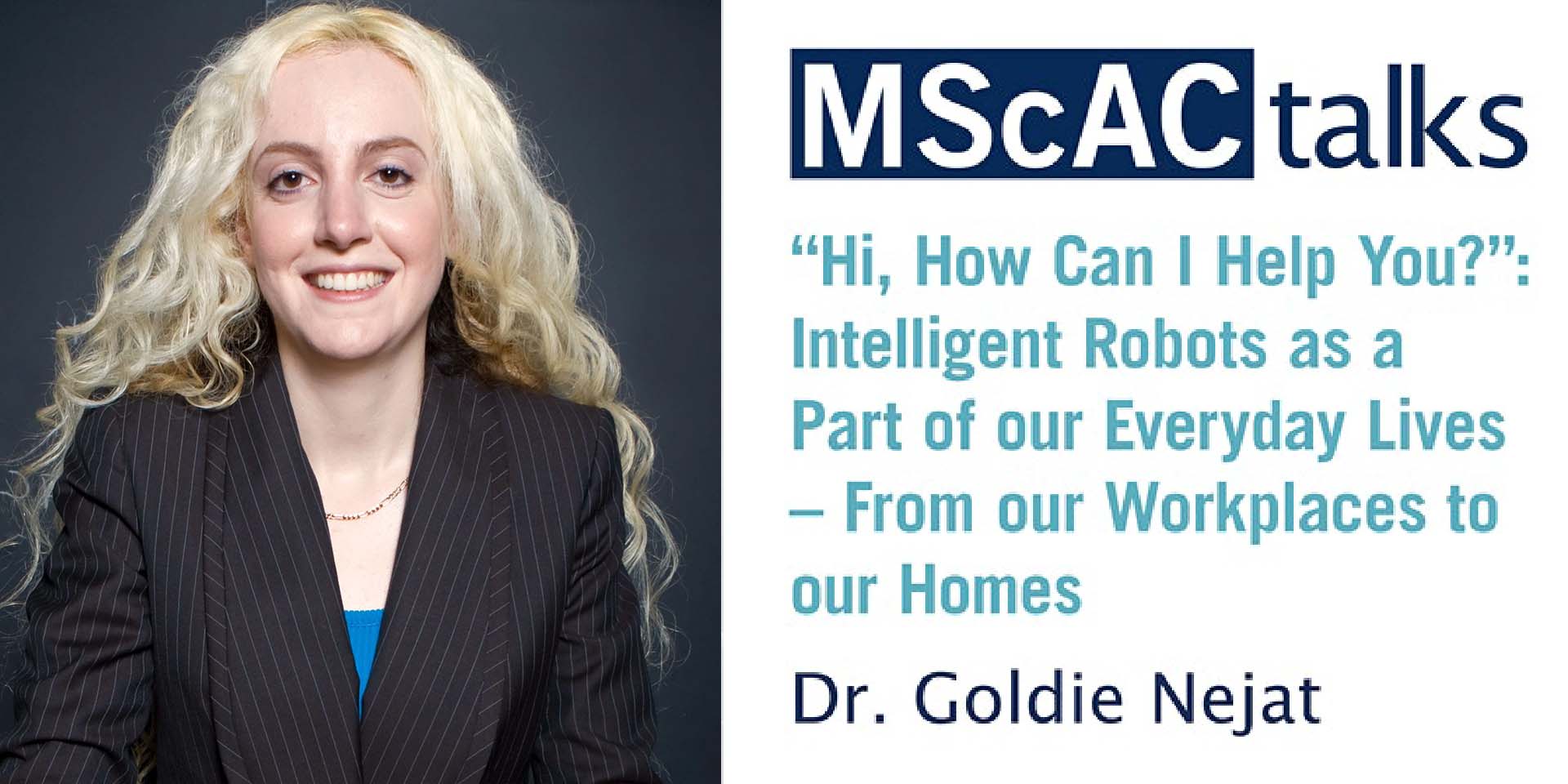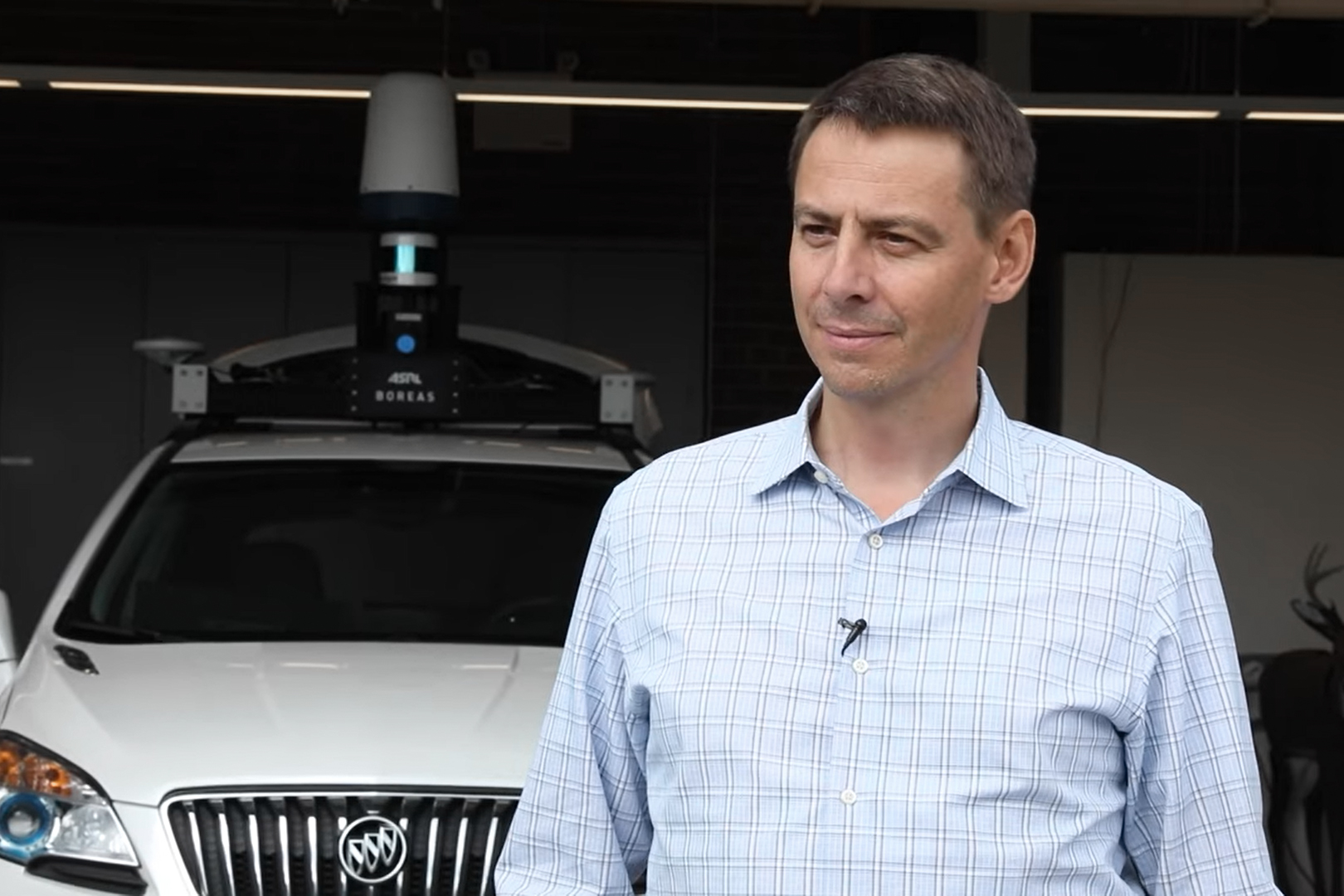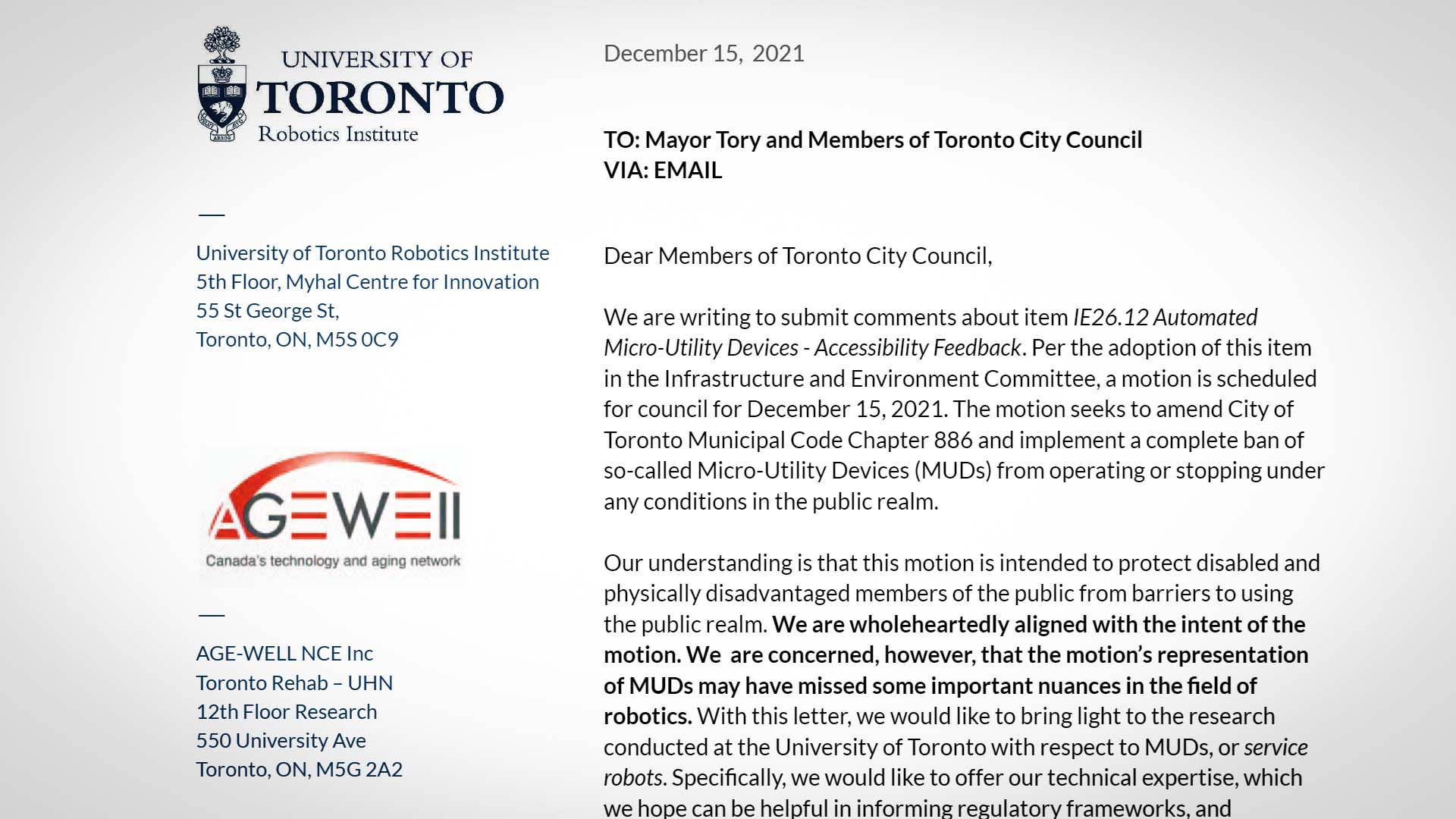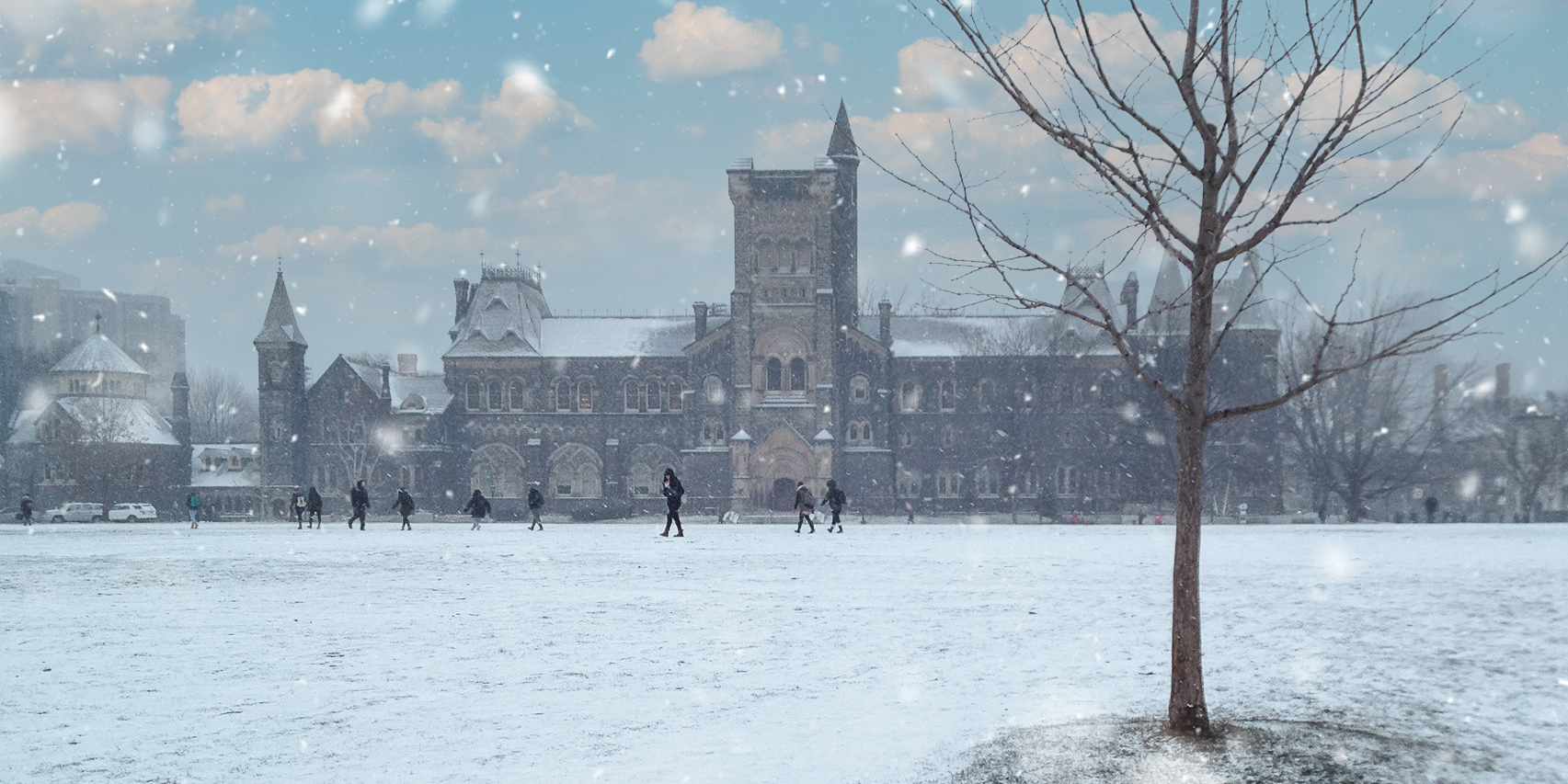U of T Robotics News
Mihai Duduta receives a 2022 Discovery Award from the Banting Research Foundation
Professor Mihai “Mishu” Duduta (MIE) is among the recipients of the Banting Research Foundation’s 2022 Discovery Award.
Robotics Institute Prof Raquel Urtasun shares prestigious Longuet-Higgins prize for “KITTI Vision Benchmark” work in development since 2012
Andreas Geiger, professor of computer vision and machine learning at the University of Tübingen, is part of a team of researchers honoured with the prestigious Longuet-Higgins prize at this year’s IEEE Conference on Computer Vision and Pattern Recognition (CVPR). In addition to Geiger, Philip Lenz and Raquel Urtasun received the prestigious award for their joint work on the “KITTI Vision Benchmark,” which they have been running and developing since 2012.
PAIR Lab places as a finalist for the L4DC Best Paper Award
Congratulations to the PAIR group members Animesh Garg and Samarth Sinha!
Another top prize for aUToronto in the first competition of the AutoDrive Challenge™ II
U of T Engineering’s self-driving vehicle team, aUToronto, has taken the top spot overall in the first competition of the four-year AutoDrive Challenge™ II.
Prof Jessica Burgner-Kahrs Gives TEDx Talk
Watch Prof Jessica Burgner-Kahrs’ TEDx Toronto Renew 2022 talk to find out what obstacles she overcame to create tiny robots that move like an elephant’s trunk.
2022 IEEE/ASME Transactions on Mechatronics Best Paper Award goes to UofT Robotics Institute Prof Eric Diller et al for the innovative simple design of a magnetically actuated capsule for microbiome fluid sampling in the gastrointestinal tract.
2022 IEEE/ASME Transactions on Mechatronics Best Paper Award goes to UofT Robotics Institute Prof Eric Diller et al for the innovative simple design of a magnetically actuated capsule for microbiome fluid sampling in the gastrointestinal tract.
Mobility Network presents ‘Harnessing intelligence in transportation systems’
Event happening May 31, 2022 at 4:00 pm – 5:00 pm If you use a wayfinding app, if you idle at centrally controlled traffic lights, if your license plate is read as […]
Cultivating Robotics Leadership
We just launched the Institute’s Robotics Leadership Program – learn more about why we started it.
Reveries of a UofT Robotics Trailblazer
Time travel with this control systems math prodigy and find out how a “three-legged pedagogical stool” approach helped him become an award-winning scientist who made the “first real space robotics” possible.
Watch: Better Robotics through Artificial Intelligence | Angela Schoellig is Humboldt Professor for AI
How can we push back the limits of machine learning? And, at the same time, what limits do we need to set to robots’ autonomous decision-making to prevent them from becoming a threat. Angela Schoellig is searching for the answers.
UofT Robotics Institute at ICRA 2022 Workshops
Once again, the University of Toronto Robotics Institute will have a strong presence at the 2022 International Conference of Robotics and Automation with workshops by Jessica Burgner-Kahrs, Mishu Duduta, Angela Schoellig, and Goldie Nejat
‘My dream job’: How a PEY Co-op student is helping develop a new generation of autonomous space robots
PEY Co-op student Erin Richardson (Year 3 EngSci) is spending 16 months at Canadian space engineering firm MDA, where she is working on a new generation of autonomous robots for the forthcoming Lunar Gateway space station.
CFI funding for soft robotics
This soft robot is made of a common polymer combined with carbon nanotubes, and acts like an ‘artificial muscle’ that contracts in response to electric currents.
UTIAS is hiring faculty positions – deadline to apply March 31
University of Toronto Institute for Aerospace Studies (UTIAS) is hiring for two robotics-related faculty positions, deadline to apply March 31.
Raquel Urtasun, Waabi Launch Revolutionary Simulator Waabi World
Video and Blog of announcement: Welcome to Waabi World (blog) How Waabi World works (blog) Waabi World video In the news: Canadian AI simulator maker Waabi aims to recharge the quest for […]
How robots can make aging in place more enjoyable (via The Globe and Mail)
Pepper isn’t your average seniors’ residence care worker. That was immediately evident when the diminutive robot arrived at the Yee Hong Centre for Geriatric Care in Scarborough, Ont. to lead weekly exercises, call bingo numbers and take visitors’ temperatures during the pandemic.
27.01.22 Goldie Nejat: “Hi, How Can I Help You?“: Intelligent Robots as a Part of our Everyday Lives — From our Workplaces to our Homes
Join us on January 27, 2022 at 4 pm ET for Dr. Goldie Nejat’s MScAC talk entitled “Hi, How Can I Help You?”: Intelligent Robots as a Part of our Everyday Lives — From our Workplaces to our Homes
SRI Seminar Series: Rosalie Wang, “The future of our everyday lives: Older adults, caregivers, and AI-enabled health and social care”
Want to know why intelligent wheelchairs, personal assistive robots, and smart homes are in rapid development? Watch the video with Robotics Institute affiliate Prof. Rosalie Wang.
Why autonomous vehicles won’t be taking over Ontario’s city streets in 2022 (CBC News)
To have fully autonomous vehicles means replicating processes of the human brain, and that’s not easy.
The Future is Robotic: U of T Groundbreakers EP3
Can tiny, worm-like robots revolutionize the way surgeons work? How will human-robot interactions be improved? Can AI and robotics create self-driving cars that make winter driving safer?
U of T Robotics Institute and AGE-WELL NCE submit letter to Toronto City Council about MUD motion
Today the University of Toronto Robotics Institute and the AGE-WELL NCE submitted a joint letter to Mayor Tory and Members of Toronto City Council regarding the motion to amend city […]


